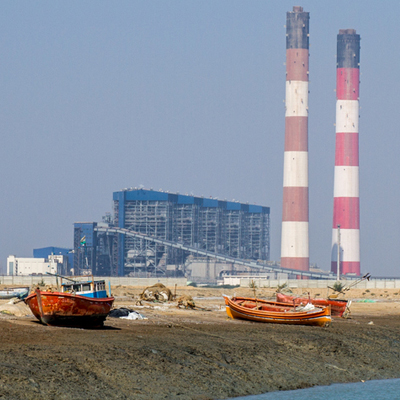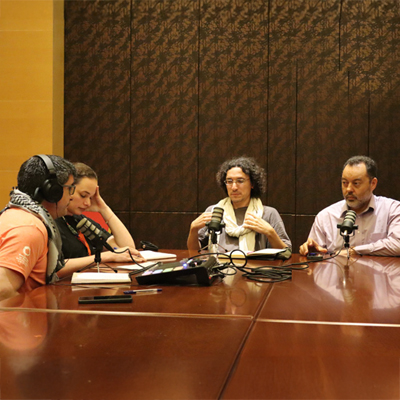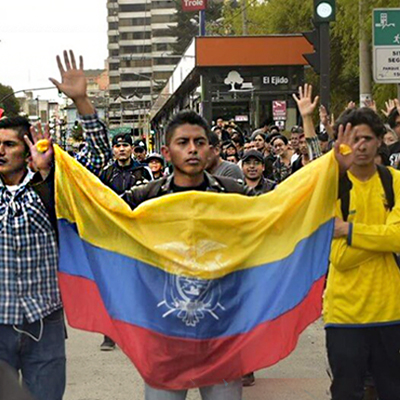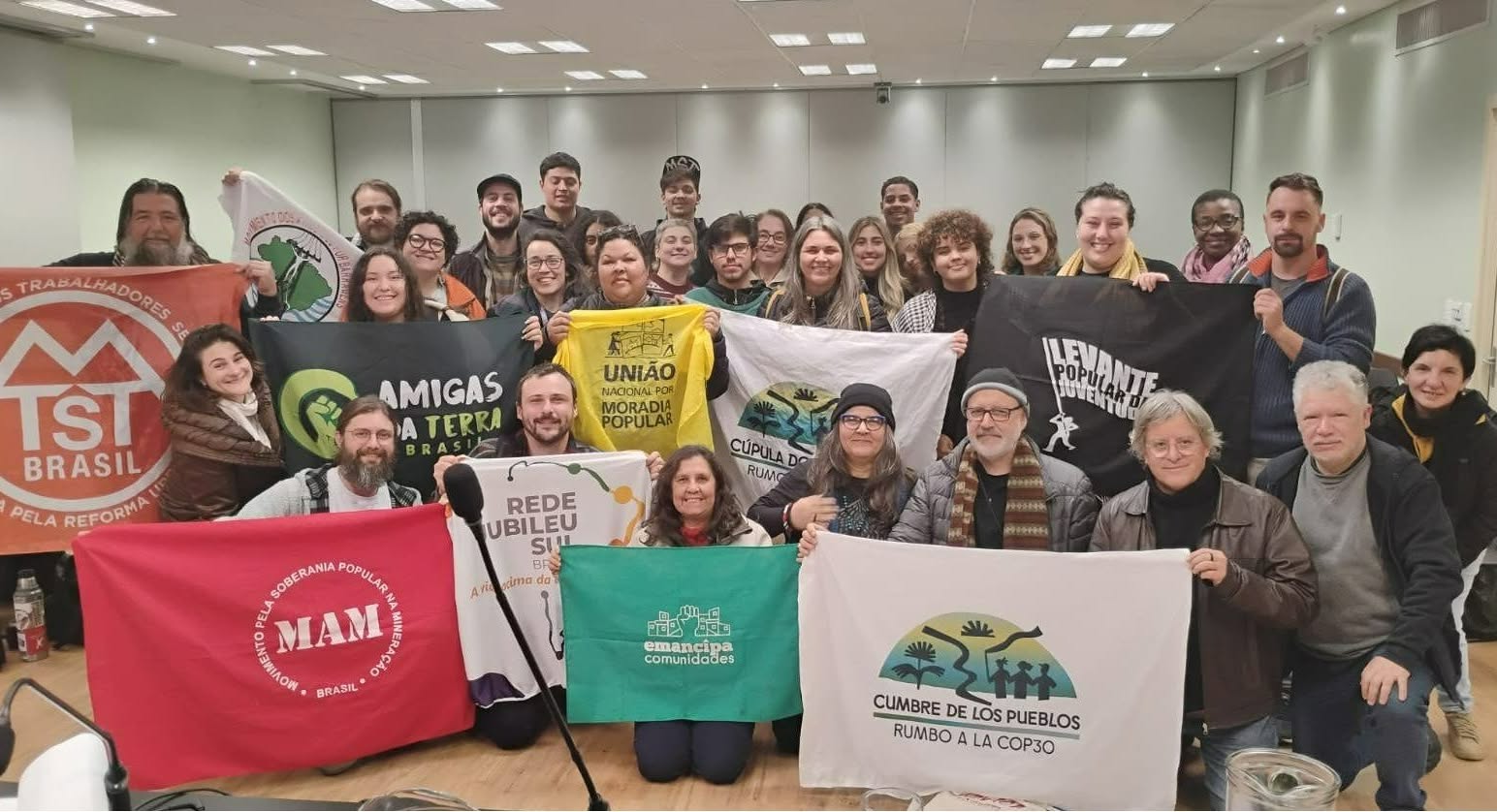Rana Plaza is everywhere
World March of Women organizes global action in commemoration of the Rana Plaza tragedy that took place 6 years ago in Bangladesh
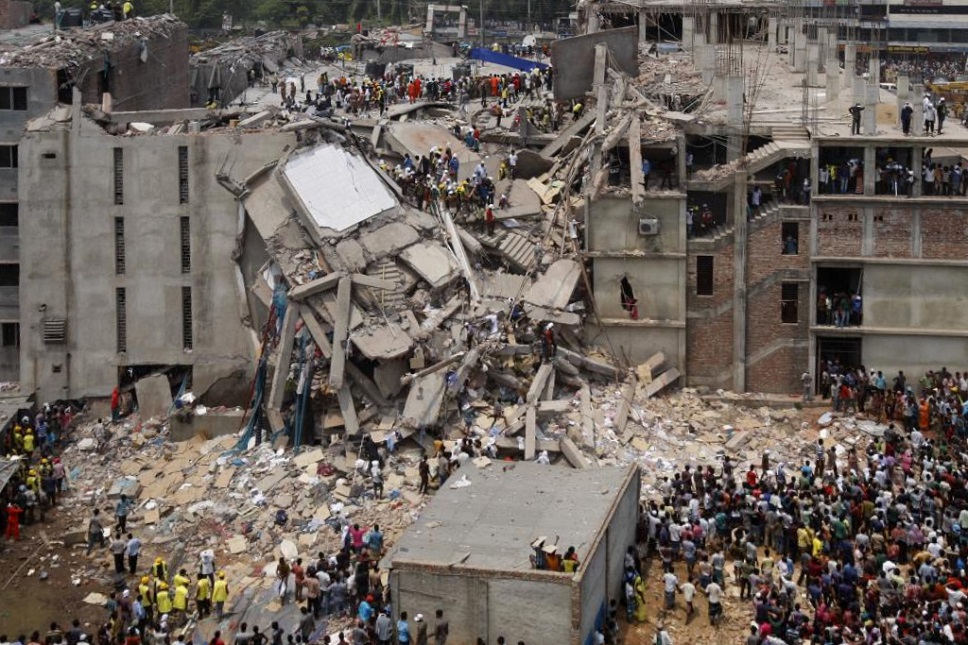 Dhaka Savar Building Collapse, Rana Plaza. Photo: Wikipedia.
Dhaka Savar Building Collapse, Rana Plaza. Photo: Wikipedia.
Six years have passed since that April 24 when over 1000 women died and other 2000 were injured after the collapse of the Rana Plaza garment factory in Bangladesh.
This event shocked the world. It exposed the inhuman conditions these workers experienced in exchange for miserable wages and generated an international movement to demand compensation for the victims.
Since 2015, the World March of Women proposed to mark April 24 as a day for Feminist Solidarity and Worldwide Action to remember these martyrs and reflect about the work of women within the dynamics of the global economy, especially the role of transnational corporations in the precariousness of the work force and the abuses against workers.
Real World Radio interviewed Marianna Fernandes, member of the WMW Switzerland and the International Committee of the WMW to know more about the global action, share if something has changed since the Rana Plaza disaster and reflect about why it is necessary for women to organize themselves to resist and change this system that exploits humankind.
“What happened in Rana Plaza is a snapshot of how transnational corporations work in the countryside and the city, how this logic of appropriation of our work affects women in particular. There is an irreconcilable conflict between the logics and dynamics that allow for capital accumulation and the logics that allow for life to be sustained. We don´t see how a dignified life can be sustained in this system. It is not possible to have autonomy and sovereignty over our bodies in a world where transnational corporations have so much power. That´s why we need an organized feminist resistance against transnational corporations”.
What showed Rana Plaza to the world?
The tragedy exposed the extremely poor working conditions of people. In this case, in an eight-story building in Savar, outside of Dhaka, which collapsed. There, 5,000 workers (mainly women) were sowing clothes for local contractors who supplied approximately 30 international brands.
The clothing industry in Bangladesh, valued at 28 billion dollars, represents 80 per cent of exports in this Asian country. Bangladesh is the second largest exporter of clothing in the world. Approximately 4 million people work in its over 4,000 factories.
Since the Rana Plaza disaster in 2013, the workers of the garment sector of Bangladesh have denounced the exploitation suffered by them and have demanded, quite successfully, improvements in salaries and safer working conditions.
In fact, the Bangladesh Accord was signed related to fire and building safety, which was ratified by 220 companies. However, the Accord expired in 2018 and at least 45 big brands distanced themselves from it.
Feminist alternatives
Women are organizing themselves against the corporate control of their lives and their work and for their recognition as experienced workers with their own rights.
Marianna Fernandes highlighted that we need resistance strategies and alternatives such as feminist agroecology, “to ensure the food sovereignty of our peoples and build the autonomy and emancipation of women”. We also need feminist solidarity economy to “place limits to the market and link it to the social role of exchanges among people and groups”.
To follow the Worldwide Action for Rana Plaza in social media and join the mobilizations please search the hashtag #WhoMadeYourClothing



